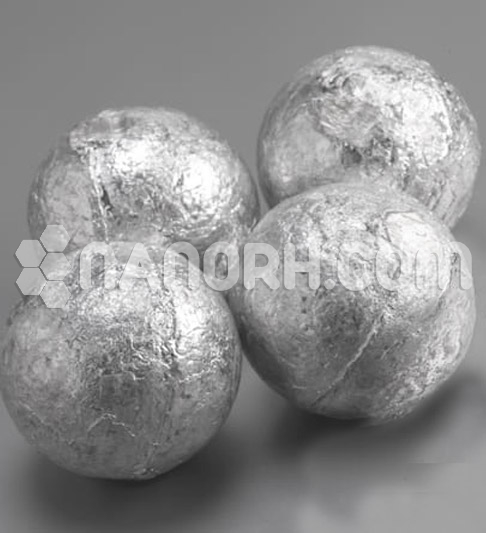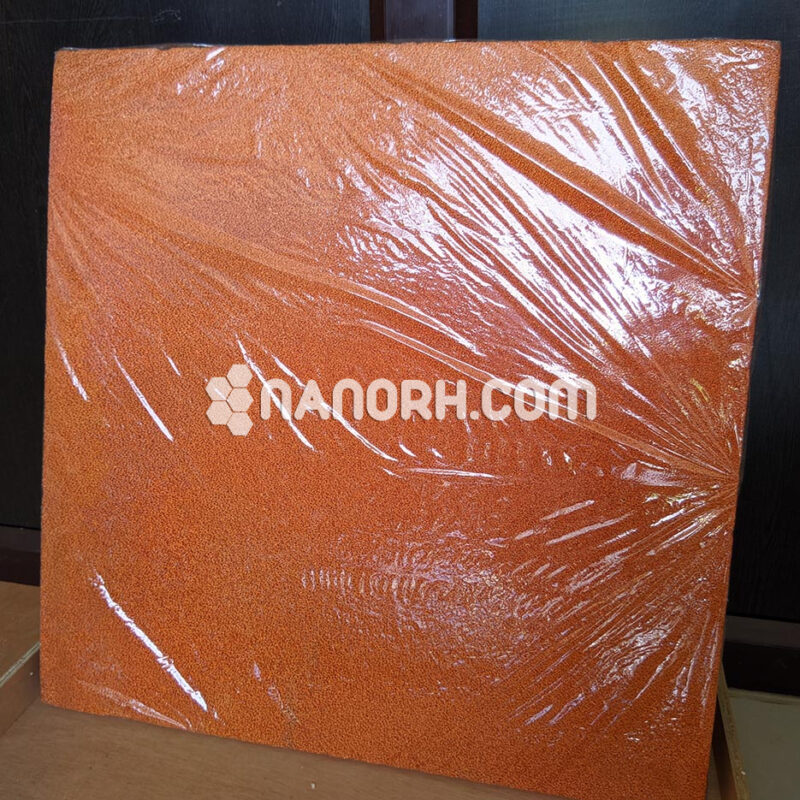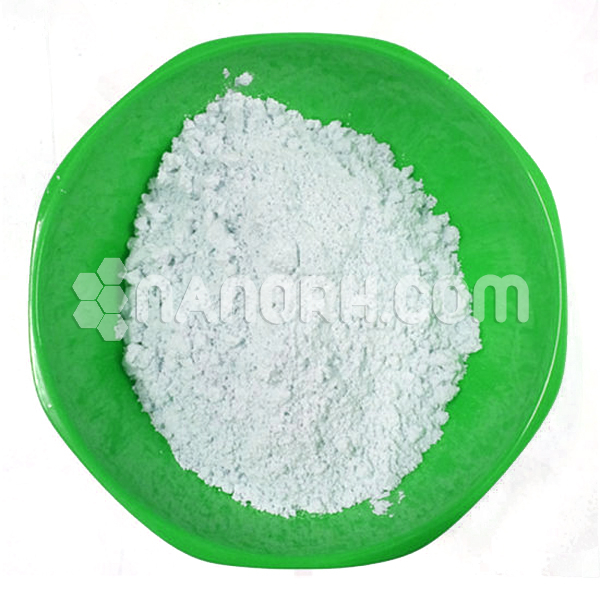Cadmium
| Cadmium | |
| Product No | NRE-52008 |
| CAS No. | 7440-43-9 |
| Formula | Cd |
| Purity | 99.99% |
| Size | 12-14 mm (can be customized) |
| Color | Silivery bluish-gray |
| Molecular Weight | 112.41g/mol |
| Density | 8.65 g/cm³ |
| Melting Point | 302 ºC |
| Boiling Point | 765 ºC |
| Thermal Conductivity | 96.6 W/(m·K) |
Cadmium is a soft, bluish-white metal that is commonly used in various industrial applications. Although its usage has decreased over the years due to its toxicity, it still finds application in certain areas. Some of the significant applications of cadmium metal are:
Batteries: Cadmium is used in the production of rechargeable nickel-cadmium (Ni-Cd) batteries. These batteries have high energy density and can be recharged and discharged repeatedly. However, due to environmental concerns, there has been a push to replace them with more environmentally friendly alternatives.
Pigments: Cadmium compounds are used as pigments in plastics, ceramics, and paints, owing to their vibrant colors and excellent lightfastness properties. However, due to the toxic nature of cadmium, there has been a shift towards using safer alternatives in the art and consumer goods industries.
Coatings and platings: Cadmium is used as a protective plating on other metals to prevent corrosion. It provides excellent protection against corrosion and wear, especially in marine and aerospace applications. However, due to its toxicity and environmental concerns, there has been a move towards using alternative coatings and platings.
Solder: Cadmium is used in some solders due to its low melting point and ability to create strong bonds between metals. However, the use of cadmium in solders has significantly decreased due to environmental and health concerns.
Stabilizers: Cadmium compounds are used as stabilizers in the production of certain plastics, especially those that are exposed to sunlight or extreme weather conditions. However, this application has been reduced due to regulations aimed at minimizing the use of cadmium in consumer products.
Nuclear reactors: Cadmium is used in some control rods in nuclear reactors. It has a high neutron absorption capacity, making it useful in controlling the rate of fission reactions. However, due to concerns about nuclear safety and environmental impact, alternative materials are being explored for this application.




